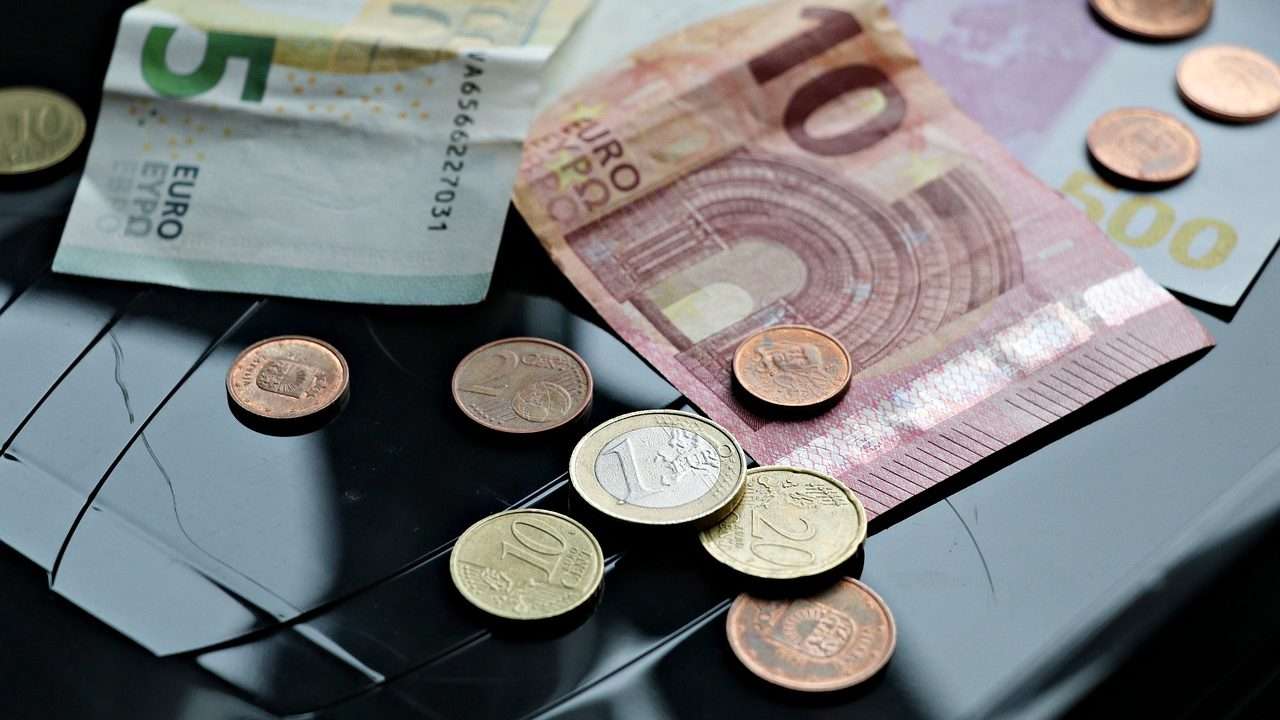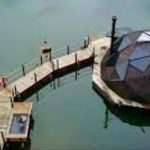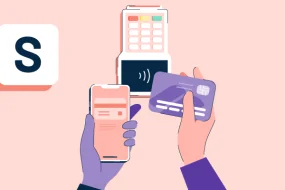
When traveling, it is crucial to prioritize both financial security and personal safety. In this comprehensive guide, we provide you with valuable tips and strategies to ensure a safe and secure journey while managing your finances effectively. By following these guidelines, you can safeguard your money, protect your belongings, and enjoy a worry-free travel experience.
Money Management Tips
Proper money management is essential to avoid financial risks and ensure a smooth travel experience. Consider the following tips for effective money management:
- Currency Exchange:
- Before your trip, research the local currency and exchange rates. Look for reputable currency exchange providers to obtain the best rates and minimize fees.
- Carry Multiple Payment Options:
- Carry a combination of cash, credit cards, and debit cards. This provides flexibility and ensures you have backup options in case of loss or theft. Notify your bank and credit card companies about your travel plans to avoid any transaction issues.
- Use ATMs Wisely:
- When withdrawing cash from ATMs, choose machines located in secure and well-lit areas. Be cautious of any suspicious devices attached to the ATM that may compromise your card information.
- Budgeting:
- Create a travel budget to track your expenses. Allocate funds for accommodation, transportation, meals, activities, and emergencies. Stick to your budget to avoid overspending and financial stress.
- Secure Valuables and Documents:
- Keep your money, cards, and important documents like passports and travel insurance in a secure place, such as a hidden travel wallet or a hotel safe. Consider making digital copies of essential documents as a backup.
Ensuring Personal Safety
Ensuring personal safety is crucial to have a worry-free travel experience. Follow these guidelines to prioritize your safety:
- Research Your Destination:
- Familiarize yourself with the local customs, laws, and potential safety risks of your destination. Stay updated on travel advisories issued by your government and take necessary precautions.
- Stay Aware of Your Surroundings:
- Maintain situational awareness at all times. Be mindful of your surroundings, especially in crowded places or unfamiliar environments. Avoid displaying signs of wealth that may attract unwanted attention.
- Secure Your Accommodation:
- Choose reputable and secure accommodations, preferably with safety features such as surveillance cameras, secure entrances, and well-lit common areas. Lock your room and use additional security measures like door wedges or portable door alarms.
- Transportation Safety:
- Use licensed transportation services and be cautious when using public transportation. Avoid traveling alone late at night and research safe transportation options available at your destination.
- Emergency Preparedness:
- Familiarize yourself with emergency contact numbers and the location of the nearest embassy or consulate. Carry a first aid kit, have a copy of your travel insurance, and be prepared for unexpected situations.
FAQs (Frequently Asked Questions)
1. Is it safe to use public Wi-Fi networks while traveling?
Using public Wi-Fi networks can pose security risks. Avoid accessing sensitive information or making financial transactions on public Wi-Fi. Consider using a virtual private network (VPN) to encrypt your connection and protect your data.
2. What should I do if my passport is lost or stolen?
If your passport is lost or stolen, report it to the local authorities and contact your country's embassy or consulate immediately. They will provide guidance on the necessary steps to obtain a new passport.
3. How can I protect my belongings at the beach or tourist attractions?
When visiting the beach or tourist attractions, keep your belongings within sight and use lockable bags or beach safes to secure valuables. Avoid leaving your belongings unattended, as it may make them vulnerable to theft.
4. Are travel insurance and health insurance the same?
Travel insurance and health insurance are not the same. While health insurance primarily covers medical expenses, travel insurance provides coverage for trip cancellation, lost baggage, emergency medical expenses, and other travel-related issues. It is recommended to have both types of insurance for comprehensive coverage.
5. What should I do in case of a natural disaster or emergency situation?
In case of a natural disaster or emergency situation, follow the instructions of local authorities and seek safe shelter. Contact your embassy or consulate for assistance and register with them to receive updates and support during such situations.
Conclusion: Safe and Secure Travel Experience
By following these essential guidelines for managing money and ensuring personal safety, you can enjoy a worry-free travel experience. Prioritize effective money management, secure your belongings, stay informed about your destination, and take necessary precautions to safeguard your personal safety. Remember, thorough preparation and vigilance are key to ensuring a smooth journey while protecting your financial well-being and personal security.










